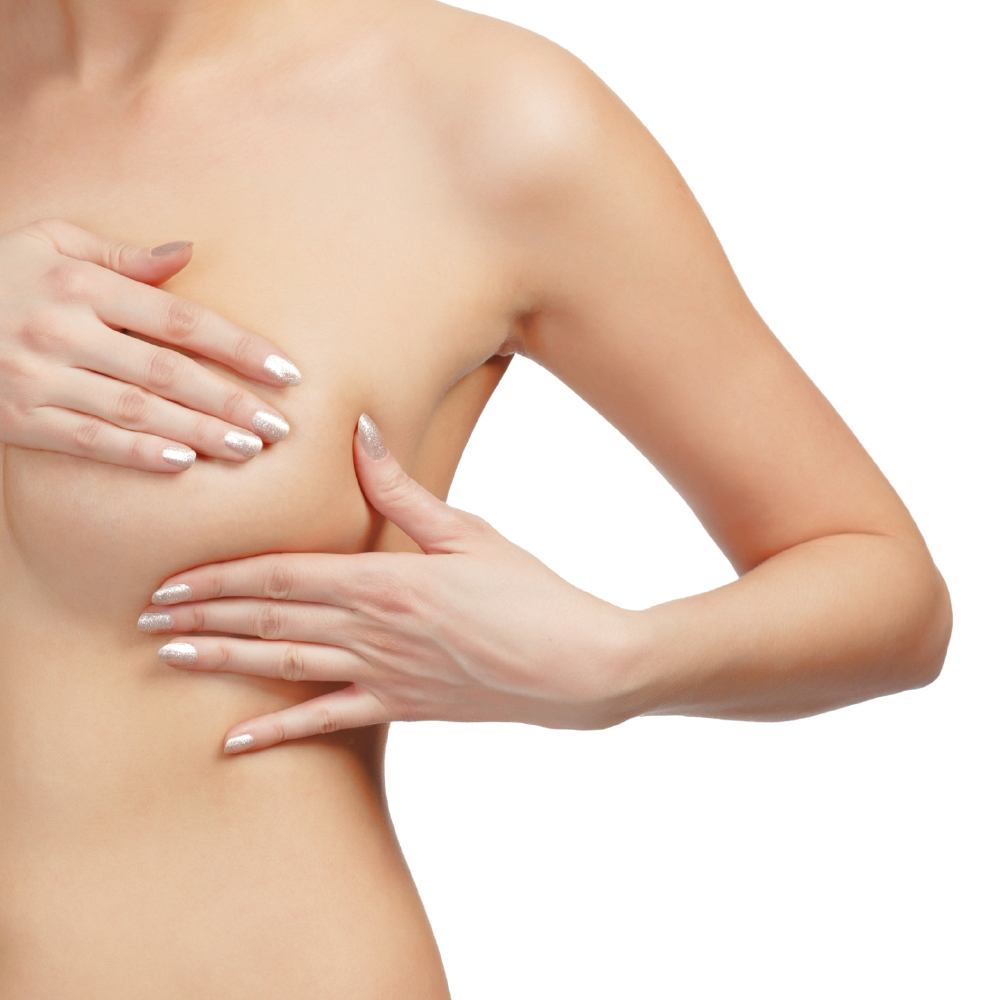Breast Cancer Awareness Month is always a great way to raise awareness for the wonderful charities that dedicate their time to saving people's lives, but it is vital that women are aware of the signs and symptoms to what is perfectly normal for a women's body to what should be ringing the alarm bells.

With 50,000 new cases of breast cancer diagnosed in the UK every year, we need to get savvy when examining our bodies.
Professor Carlo Palmieri, a consultant at The Clatterbridge Cancer Centre, based in Merseyside and a specialist in breast cancer, reveals what women should be looking out for when checking your breasts.
The most common of these is a lump in the breast or the armpit and checking your breasts regularly will make the world of difference but there are other, lesser known symptoms, which include:
- Changes in the size or shape of the breast
- Dimpling of the skin or thickening of the breast tissue
- A nipple that turns in
- A rash like eczema on the nipple
- Discharge from the nipple
Although improved screening procedures and treatment developments mean that more women than ever before are surviving breast cancer. Medical professionals and scientists are working tirelessly to improve the outcome for anyone diagnosed with breakthroughs in treatment happening all the time.
Professor Carlo Palmieri said: "Over 85% of adult breast cancer patients in England now survive their cancer for more than five years, an increase of about 40% since the 1970s. The earlier any cancer is diagnosed, the better the outlook for the patient."
However, women are putting themselves at risk, believing that if cancer is not something that has been in the family history, then they aren't to worry about the potential illness.
"There is a misconception that most women who get breast cancer have a family history of it. The vast majority of women who develop breast cancer will not have a history of it in the family.
"Things that might indicate that breast cancer might run in the family as a result of a faulty gene include having a mother or sister diagnosed under the age of 40, having a number of close female relatives develop the disease or a relative who has had ovarian and breast cancer. Special tests can be carried to see if a family does carry one of the known predisposing genes and if so preventive measures can be discussed."
Professor Carlo Palmieri admits that breast cancer involves a mix in our 'genes' and 'lifestyle'. "Something which is known to increase the chances of developing a condition or disease is called a risk factor. However, having a risk factor does not mean you will definitely develop breast cancer whilst the lack of or few risk factors does not mean you will not develop breast cancer. Therefore, all women need to be aware of breast cancer."
Looking out for all the key factors is a great step in the right direction, but maintaining a healthy lifestyle is more important than you may have once thought.
""Lifestyle factors can also have an impact-these include alcohol and physical inactive. Research studies has revealed the huge influence that being overweight or obese can have on your risk of developing cancer after the menopause, so the maintenance of a healthy weight through exercise and diet is very important."
Okay, so we are all aware that we should be exercising more frequently, rather than a night indulging in our favourite treats, but maybe it's time to re-think the mid-week routine and wipe the dust of those running shoes and get yourself outdoors in the cool, fresh air.
If you are concerned that you are exhibiting any of the symptoms, or that you may be genetically prone to the disease, or if you are unsure how to check your breasts properly- contact your doctor or nurse.
Tagged in Breast Cancer advice

